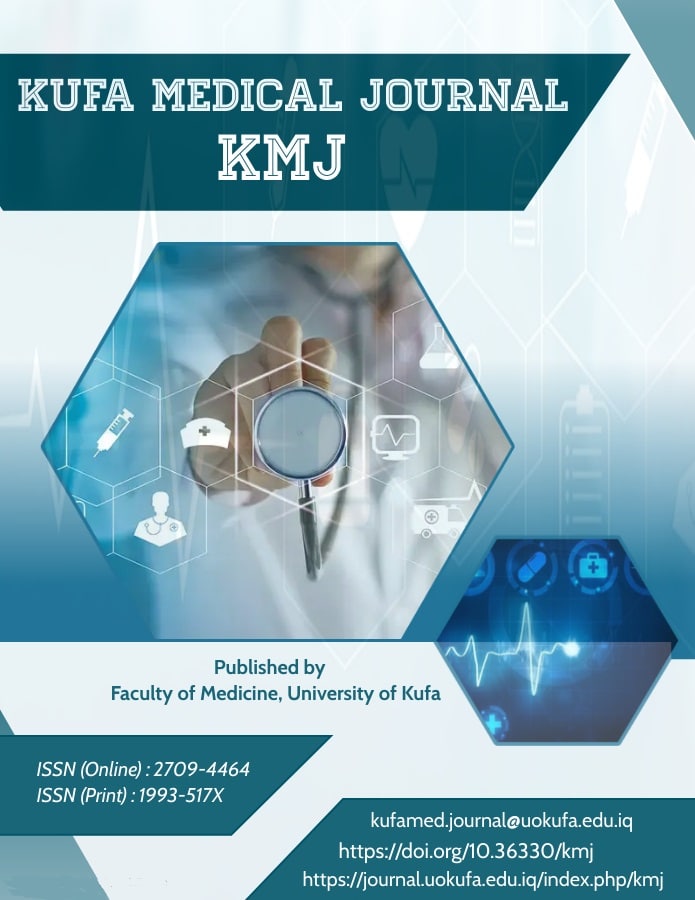Reviewer Responsibilities
Reviewer responsibilities toward editors:
- Notifying the editor if unable to review ASAP, in a timely manner and, if possible, suggest names of alternative reviewers.
- Alerting the editor about any potential personal, financial or perceived conflict of interest and declining to review when a conflict exists.
- Complying with the editor’s written instructions on the journal’s scope for reviewing a manuscript.
- Providing a thoughtful, fair, constructive, and informative critique of the submitted work, which may include supplementary material provided to the journal by the author.
- Determining scientific merit, originality, and scope of the work; indicating ways to improve it; along with recommending acceptance or rejection.
- Noting any ethical concerns, such as any violation of accepted norms of ethical treatment of animal or human subjects or substantial similarity between the reviewed manuscript and any published paper or any manuscript concurrently submitted to another journal that may be known to the reviewer.
- Refraining from direct author contact.
- Filling-in the evaluation list as set at the journal web (reviewer panel).
Reviewer responsibilities toward authors:
- Providing written, unbiased, constructive feedback in a timely manner on the scholarly merits and the scientific value of the work, together with the documented basis for the reviewer’s opinion.
- Indicating whether the writing is clear, concise, and relevant and rating the work’s composition, scientific accuracy, originality, and interest to the journal’s readers
- Avoiding personal comments or criticism.
- Maintaining the confidentiality of the review process, not sharing, discussing with third parties, or disclosing information from the reviewed paper.
Reviewer responsibilities toward readers:
- Ensuring that the methods and analysis are adequately detailed to allow the reader to judge the scientific merit of the study design and be able to replicate the study
- Ensuring that the article cites all relevant work by other scientist.











